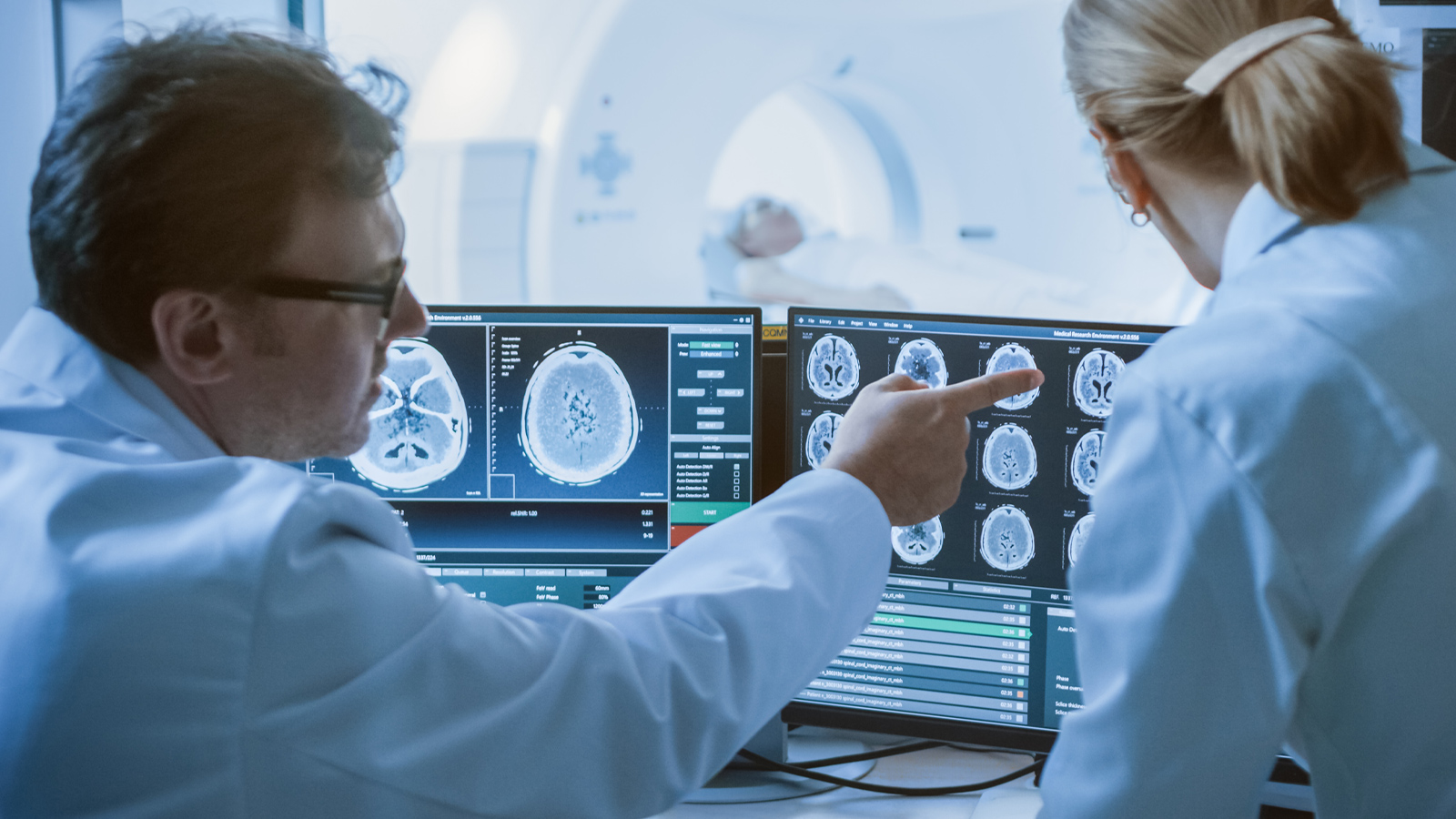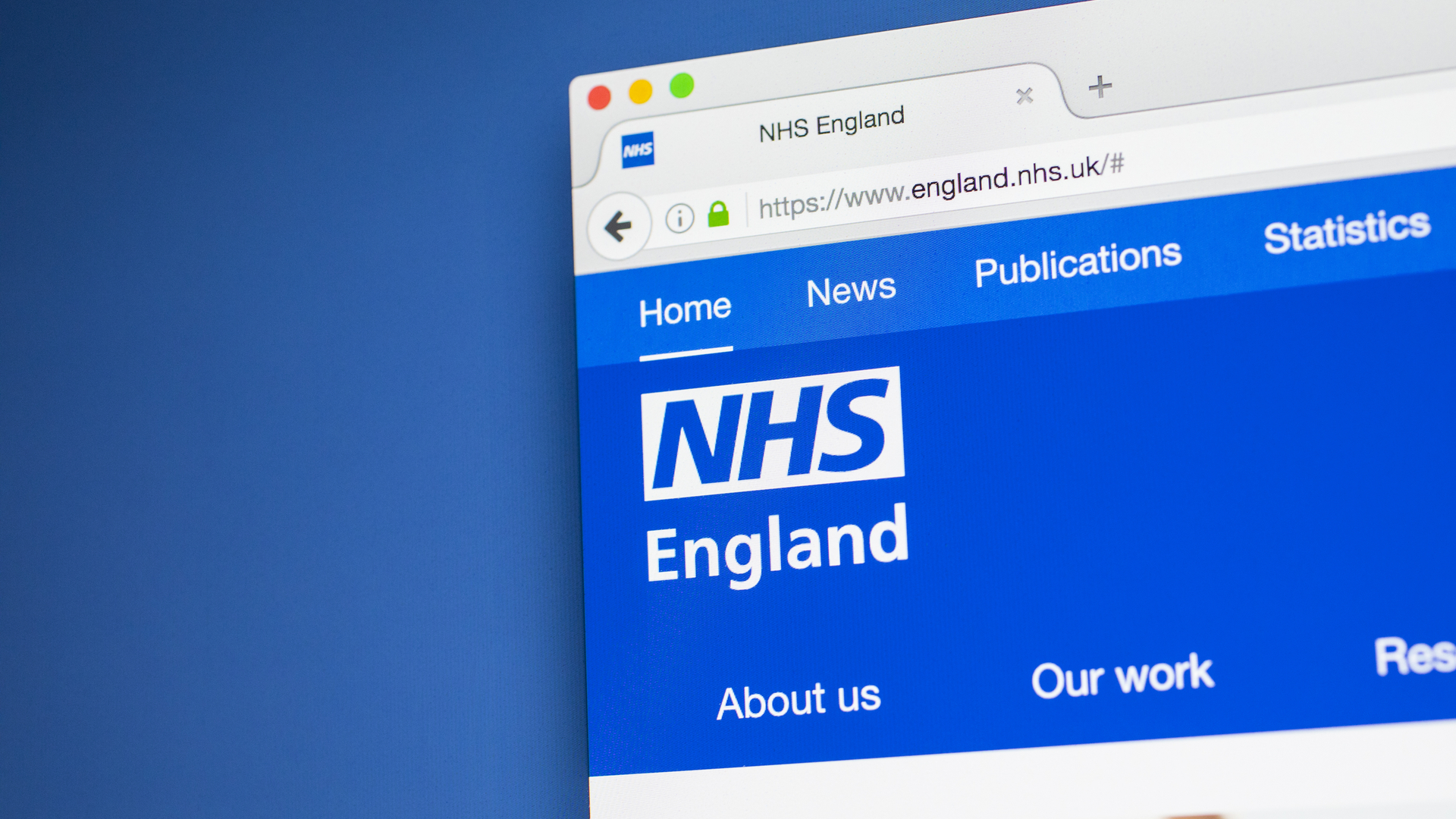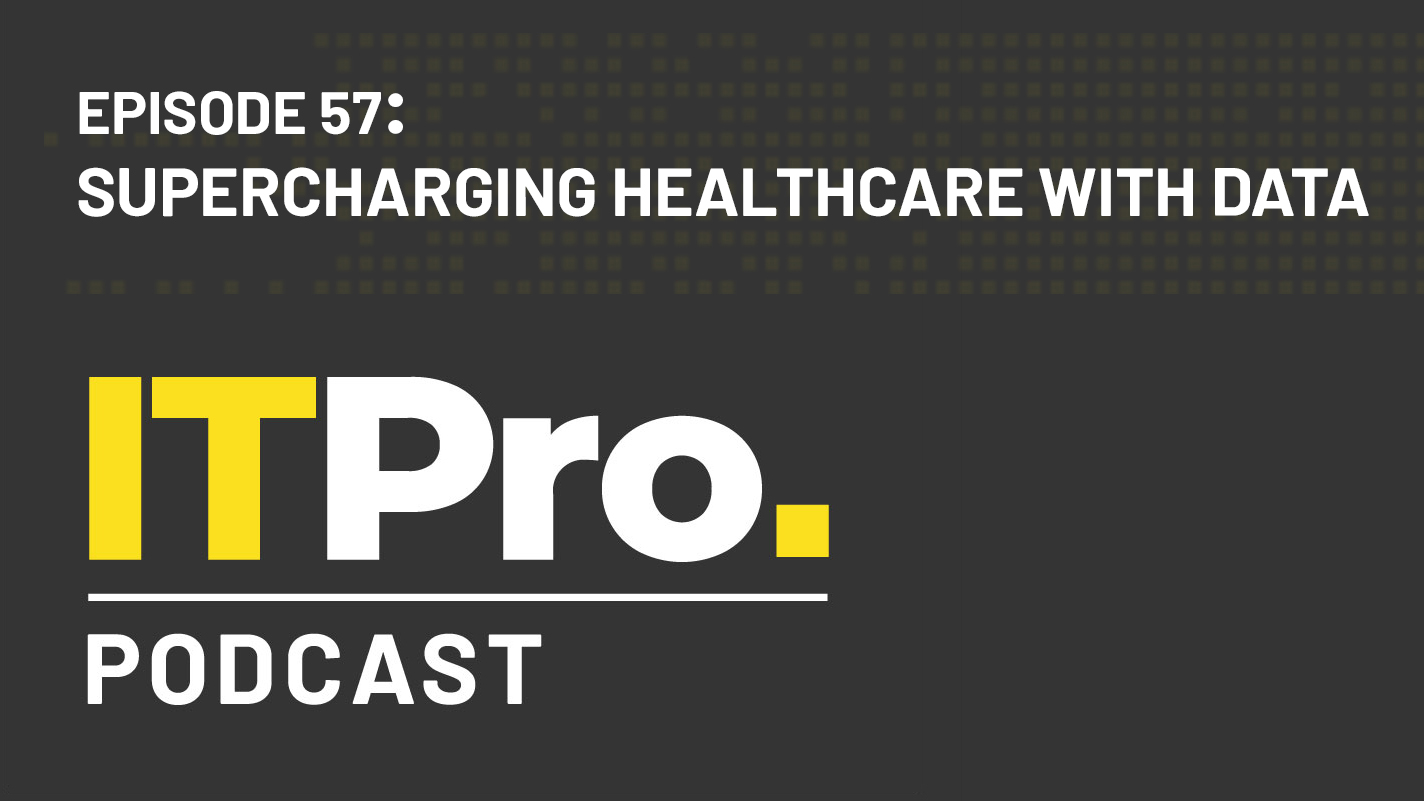Google's DeepMind can read 1.6 million NHS patients' records
AI division has a data-sharing deal with the Royal Free NHS Trust


DeepMind, Google's artificial intelligence company, is able to access 1.6 million NHS patient records thanks to a data-sharing agreement with the Royal Free NHS Trust.
The deal, revealed in a document obtained by New Scientist, gives DeepMind access to healthcare data for the 1.6 million patients attending any of the Royal Free NHS Trust hospitals in London Barnet, Chase Farm and the Royal Free.
The deal also includes patient data from the last five years, including that from critical care and accident and emergency departments.
DeepMind's partnership with the NHS started in February, when they worked on an app called Streams, designed to help hospital staff monitor patients with kidney disease. The data-sharing agreement is directly related to this project.
Google argued that, because data on these patients is not separated, it needs access to all patient data in order for the app to work effectively.
The information available to the company includes day-to-day hospital activity logs, results of some pathology and radiology tests, and patient visitors. It is not clear whether patients can opt out of the agreement.
Despite access to this data, however, the deal states that Google cannot use it in any other parts of its business, and it will be stored by a third party only until the agreement expires in September 2017.
Get the ITPro daily newsletter
Sign up today and you will receive a free copy of our Future Focus 2025 report - the leading guidance on AI, cybersecurity and other IT challenges as per 700+ senior executives
After this date, all records must be restored to the NHS or destroyed.
The document revealed that Google is working on the Patient Rescue platform, designed to provide analytics services to NHS hospital trusts and help staff adhere to the UK's National Institute for Health and Care Excellence guidelines.
The NHS has previously been criticised over its controversial care.data plan, which aimed to collect patient data from GP medical records to share with the national Health and Social Care Information Centre (HSCIC).
Patients and GPs pushed back against the plans after it was revealed that the data collected would potentially identify individuals, as well as a system that did not make it clear to patients that they could opt-out of sharing their information. Last month, the HSCIC finally agreed to opt-out patients who had chosen not to share their data.
The project was given a 'red' status by the Major Projects Authority following news that 47 million NHS patients' medical data had been accessed by the Institute and Faculty of Actuaries in 2013 in order to help insurance companies 'refine' their premiums, according to the Telegraph.
Caroline has been writing about technology for more than a decade, switching between consumer smart home news and reviews and in-depth B2B industry coverage. In addition to her work for IT Pro and Cloud Pro, she has contributed to a number of titles including Expert Reviews, TechRadar, The Week and many more. She is currently the smart home editor across Future Publishing's homes titles.
You can get in touch with Caroline via email at caroline.preece@futurenet.com.
-
 Bigger salaries, more burnout: Is the CISO role in crisis?
Bigger salaries, more burnout: Is the CISO role in crisis?In-depth CISOs are more stressed than ever before – but why is this and what can be done?
By Kate O'Flaherty Published
-
 Cheap cyber crime kits can be bought on the dark web for less than $25
Cheap cyber crime kits can be bought on the dark web for less than $25News Research from NordVPN shows phishing kits are now widely available on the dark web and via messaging apps like Telegram, and are often selling for less than $25.
By Emma Woollacott Published
-
 Saving the NHS with tech: 5G healthcare and virtual wards
Saving the NHS with tech: 5G healthcare and virtual wardsCase study Can technology cure Britain’s ailing healthcare service? Our three-part series examines how technology can lift Britain’s healthcare system out of its current crisis
By Barry Collins Published
-
 Saving the NHS with tech: Making blood deliveries by drone
Saving the NHS with tech: Making blood deliveries by droneCase Study Can technology cure Britain’s ailing healthcare service? Our three-part series examines how technology can lift Britain’s healthcare system out of its current crisis
By Barry Collins Published
-
 Nvidia rolls out AI platform across NHS hospitals
Nvidia rolls out AI platform across NHS hospitalsNews The platform ensures that patient data never leaves the hospital trust when an AI algorithm analyses medical records
By Zach Marzouk Published
-
 NHS adopts predictive AI tech from controversial startup
NHS adopts predictive AI tech from controversial startupNews The technology warns hospitals about a potential spike in patient numbers so they can allocate the right resources when needed
By Zach Marzouk Published
-
 The IT Pro Podcast: Supercharging healthcare with data
The IT Pro Podcast: Supercharging healthcare with dataIT Pro Podcast How a robust data strategy can transform community health and medicine
By IT Pro Published
-
 NHS to receive £500m cash injection for digital transformation
NHS to receive £500m cash injection for digital transformationNews Health secretary Matt Hancock aims to increase NHS efficiency and improve patient safety
By Keumars Afifi-Sabet Published
-
Doctors reject AI chatbot that is 'more accurate than a GP'
News Royal College of GPs say no app can replace human physicians
By Bobby Hellard Published
-
 Public sector automation 'would kill off 250,000 jobs'
Public sector automation 'would kill off 250,000 jobs'News AI could replace 30% of nurses and doctors, says Reform
By Dale Walker Published